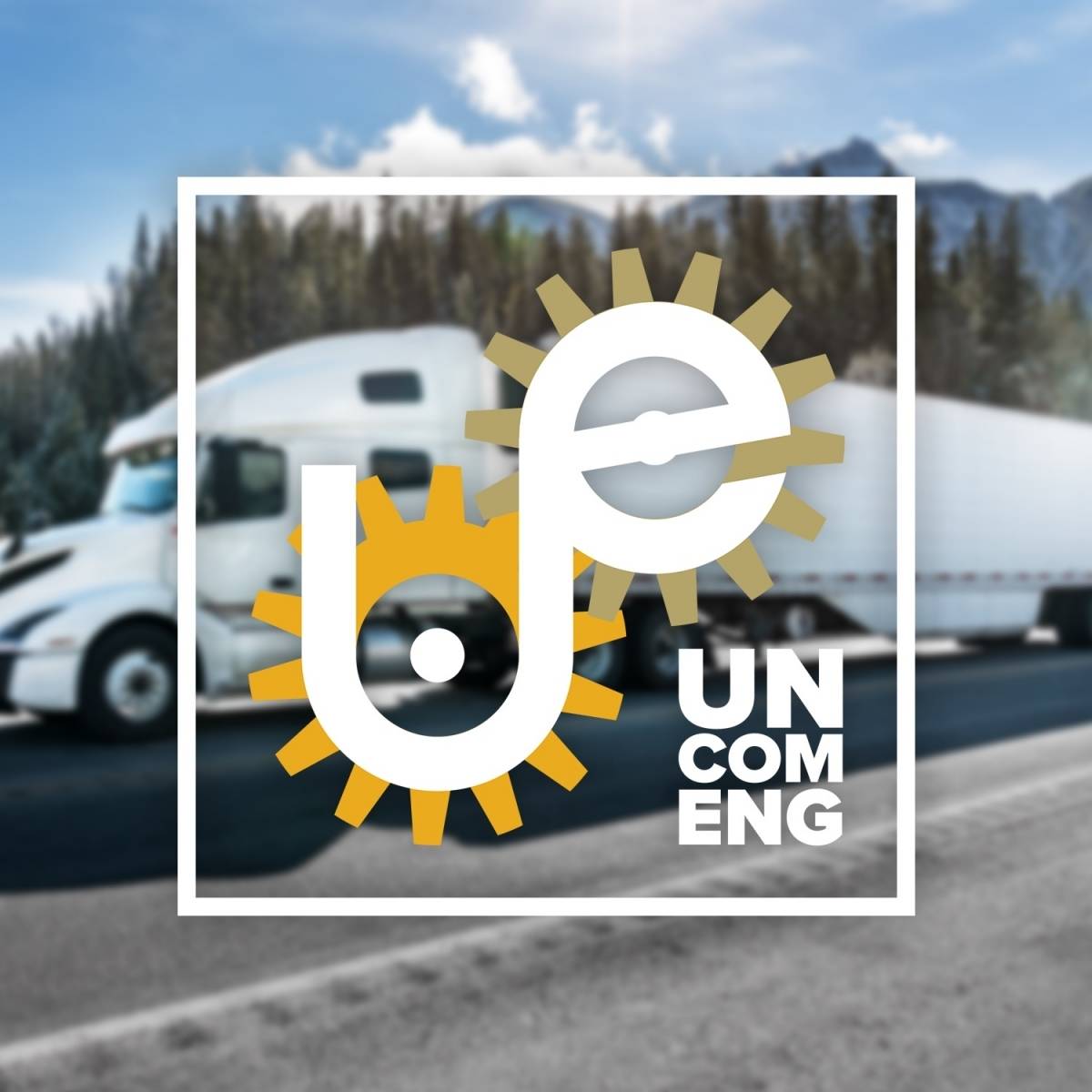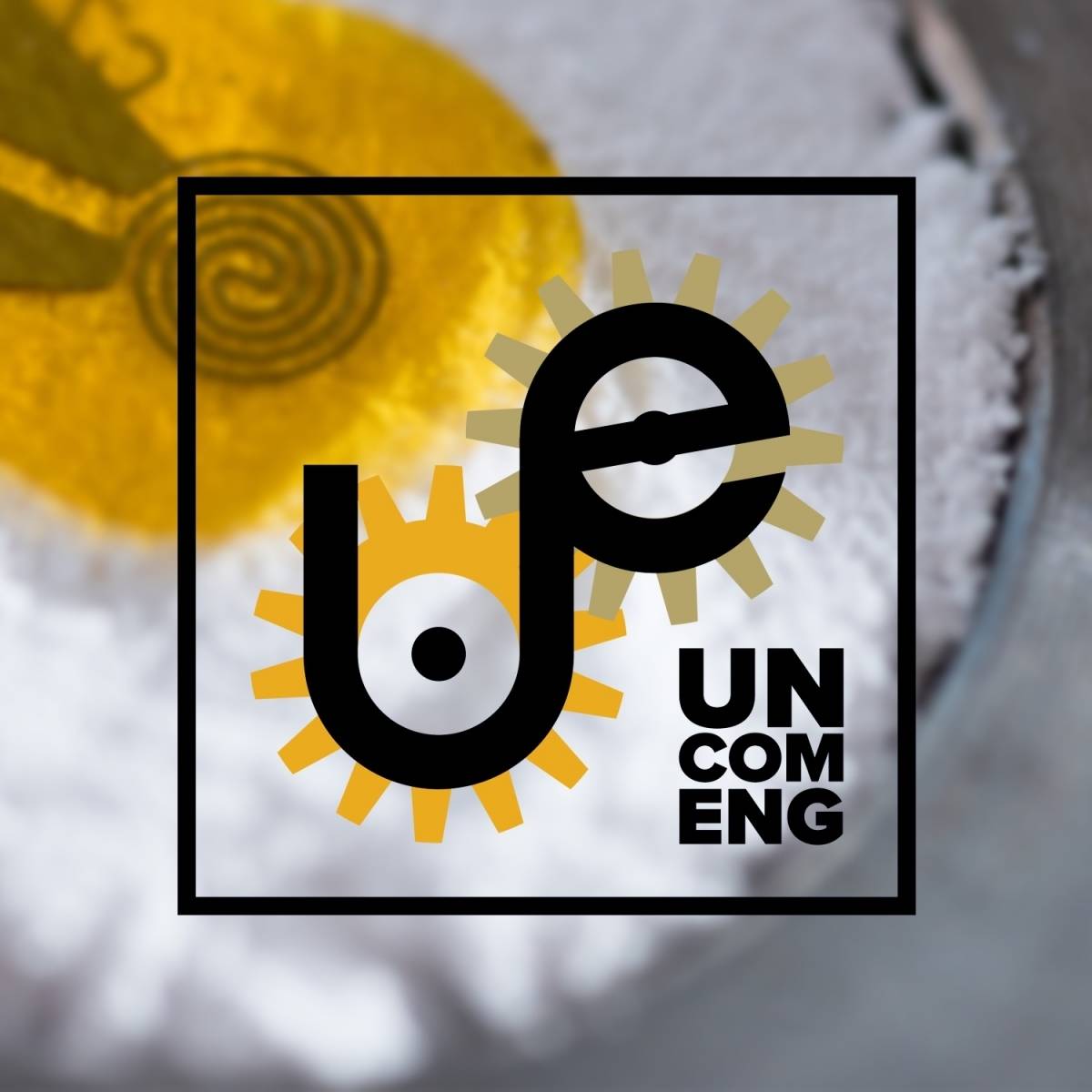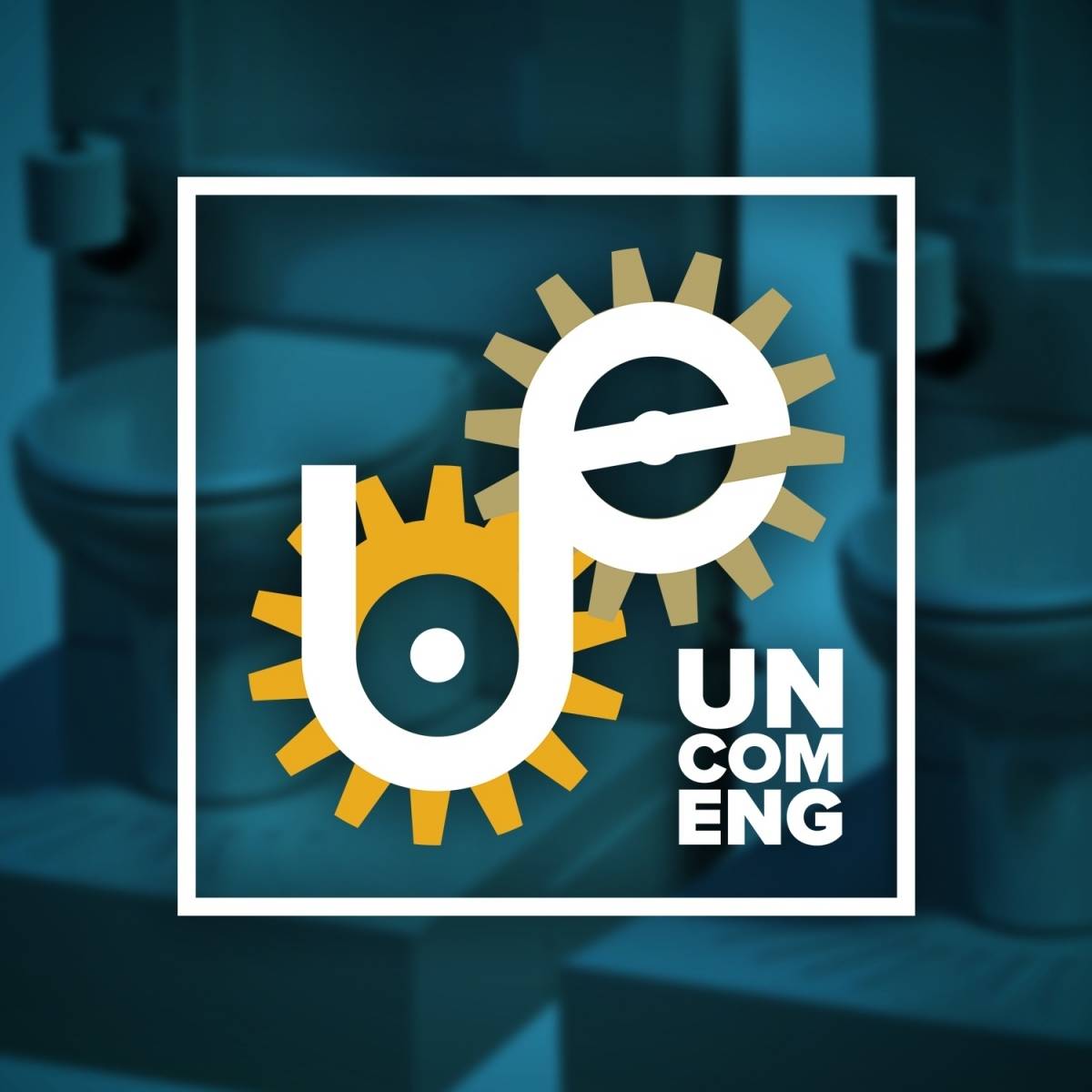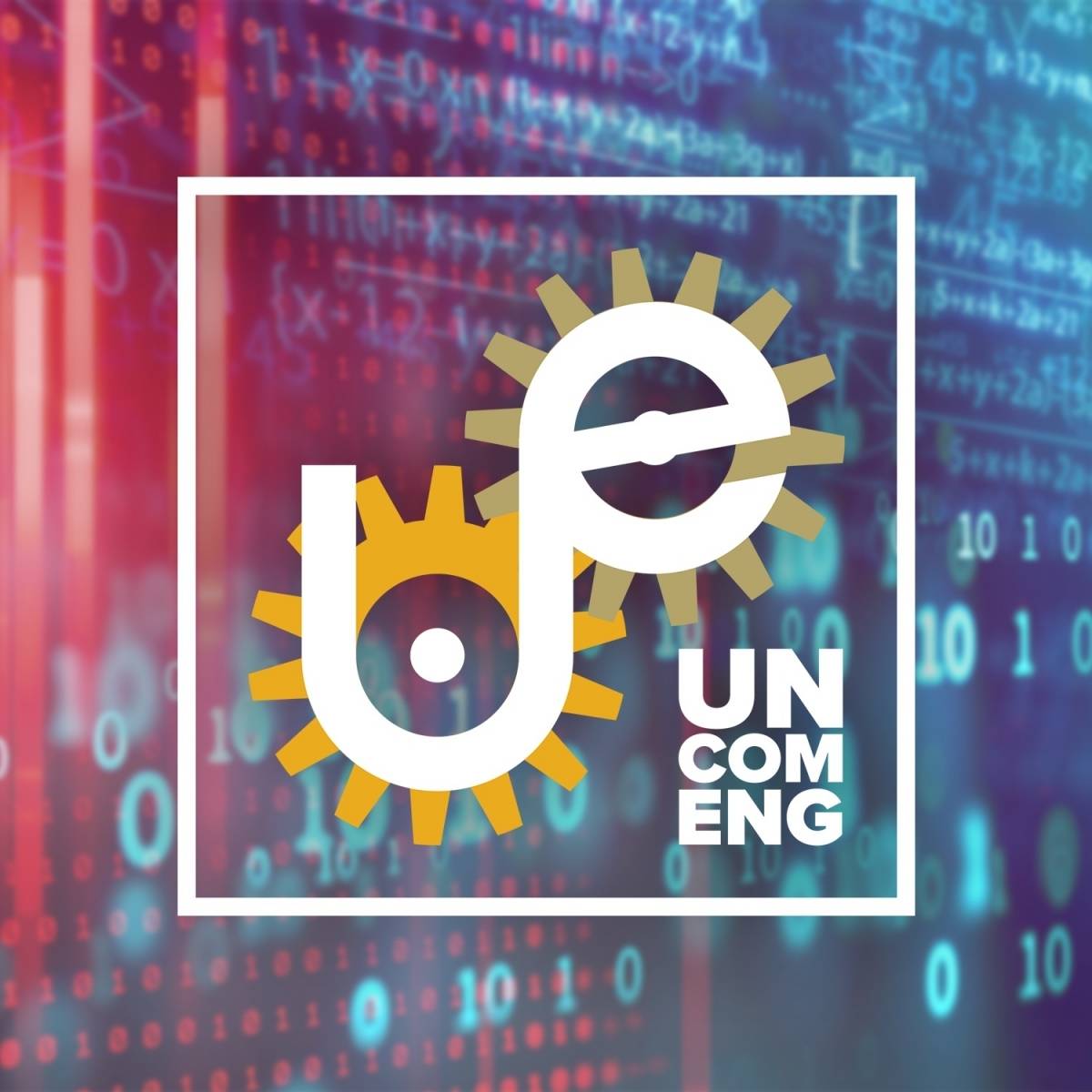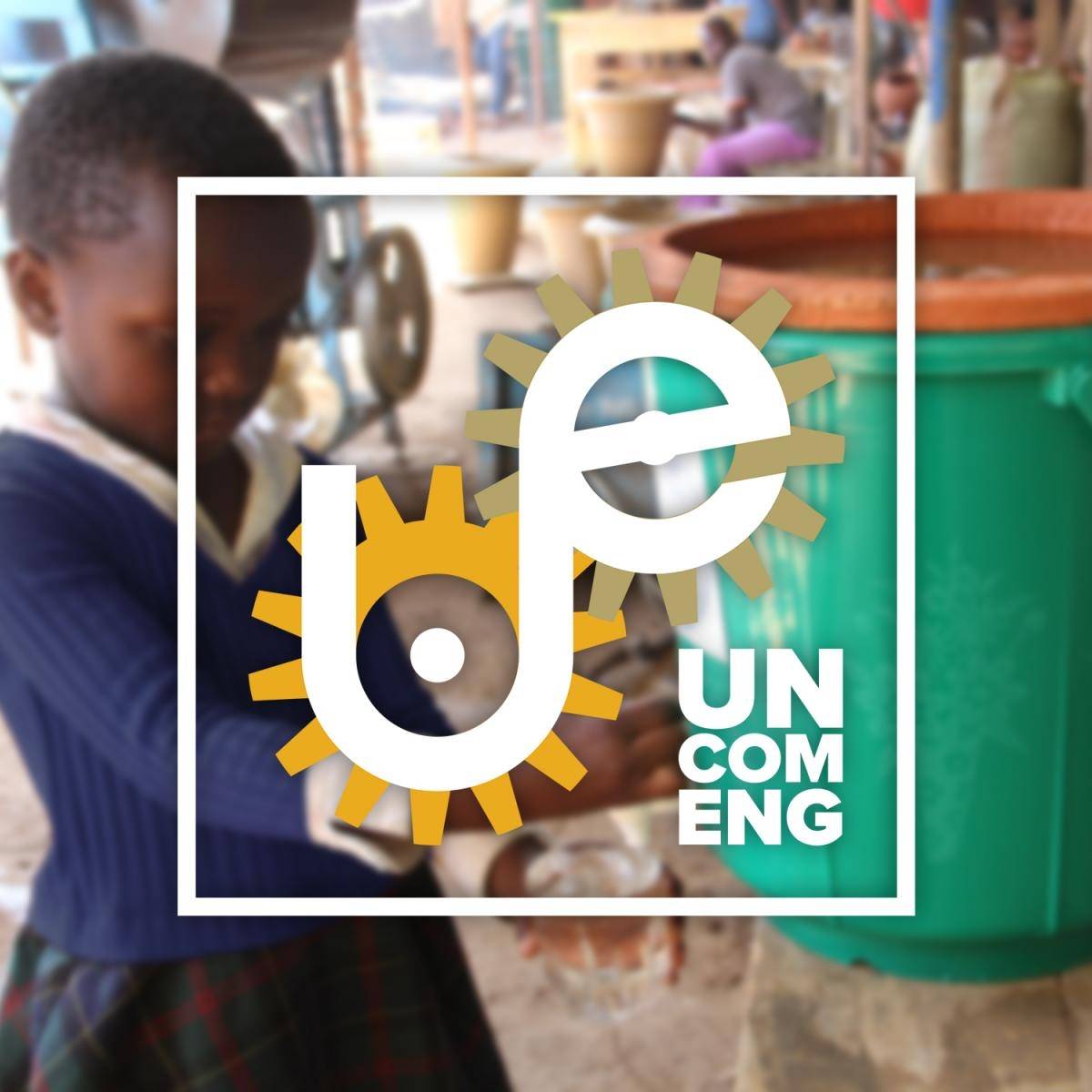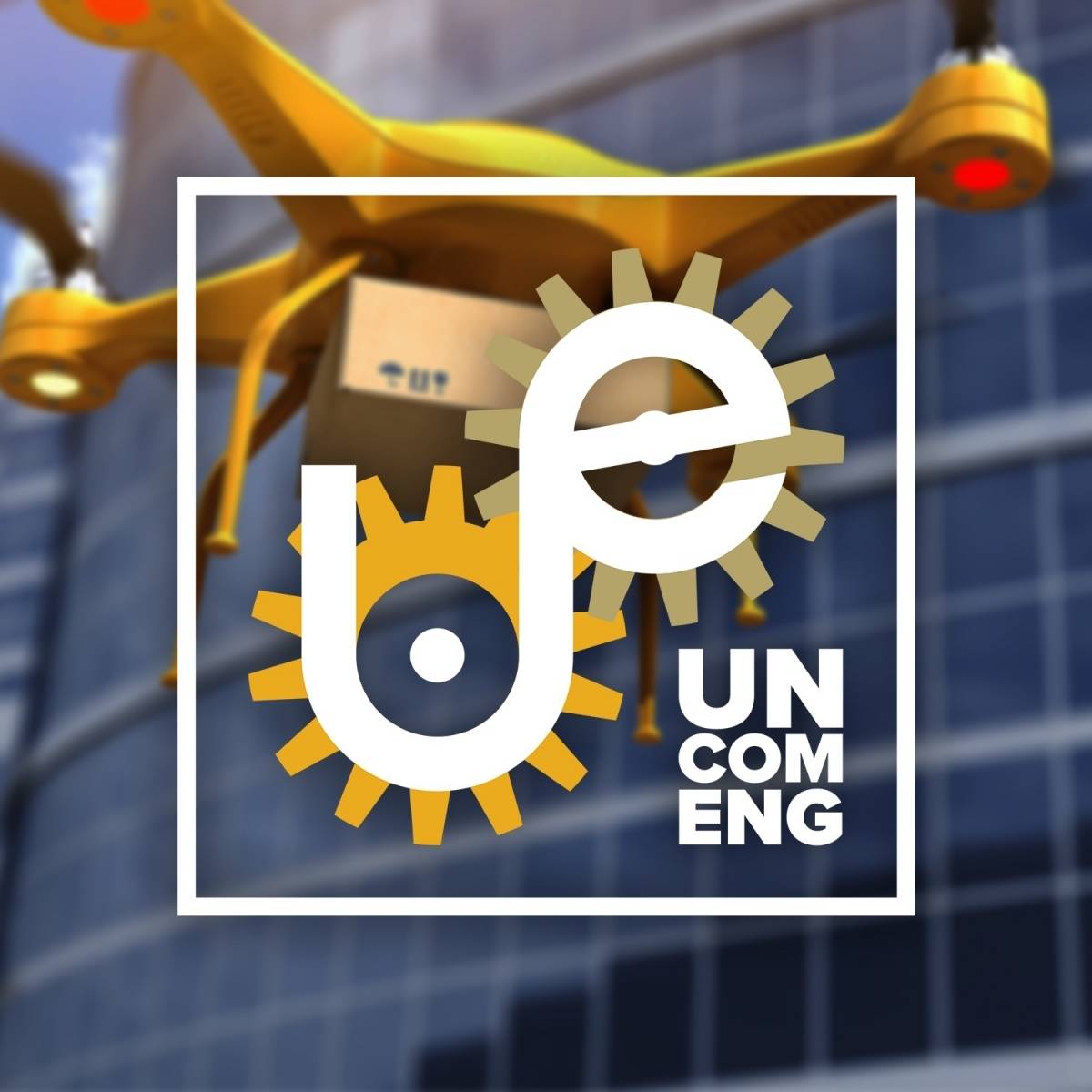Steve W. McLaughlin
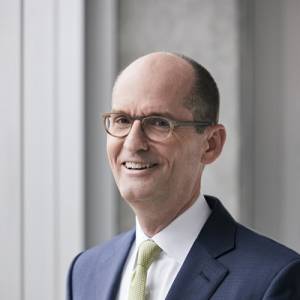
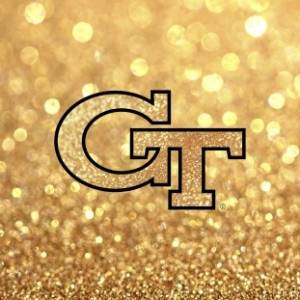

Audio
Audio & Captions
Transcript
[steam whistle]
[applause]
[marching band music]
Steve McLaughlin: I’m Steve McLaughlin, dean of the Georgia Tech College of Engineering, and this is The Uncommon Engineer.
[marching band music]
[archival recording]
Male Speaker: We’re just absolutely pleased as punch to have you with us. Please say a few words.
[applause]
[traffic sounds, truck air horn]
Steve McLaughlin: At Georgia Tech, entrepreneurship is in our blood. It's in our maker spaces, our innovation classes, and in some of the startup programs we have. We want our students to develop an entrepreneurial mindset which is both valuable in the company environment, valuable to startups, but also valuable if they want to become doctors or lawyers or teachers. That entrepreneur mindset will guide them the rest of their careers.
In previous episodes of The Uncommon Engineer, we've explored engineering research that our faculty does. Today we're shifting our focus to our students who are creating the next generation of uncommon engineers. Today I have one former student and one current student who have started a company called Aerodyme. They've invented a product that helps semi trucks save on fuel costs, and it's set to disrupt the trucking industry. So today I have Jayce Delker who is a recent graduate of our mechanical engineering program. Welcome, Jay.
Jayce Delker: Thanks for having us. It's an honor.
Steve: I also have Tyler Boone who's a current student in mechanical engineering who is about to graduate. Welcome, Tyler.
Tyler Boone: Thank you so much. It’s an honor to be here.
Steve: I can't tell you how excited we are today to have some students—we have amazing students at Georgia Tech, and you both are just fantastic representatives for our student population. So thanks for being here. Thanks for starting your company. And thanks for sharing some of the some of your experiences to our students. And so before we talk about your company, maybe the first thing to talk about, Tyler, if you could share how it is you found your way to Georgia Tech and what got you interested in entrepreneurship, or the idea of possibly starting a company.
Tyler: Absolutely. So, it's funny. Georgia Tech has been on my mind since second grade, believe it or not. I had a Georgia Tech hat that I wore to school, and I remember my teacher would ask me, you know, “Isn't it a bit early to be thinking about college? You're in elementary school.”
And I was like, “No, I just really want to be an engineer.”
And lot of my friends at that point don't even know what an engineer was, but I got that from my father and he was an entrepreneur for the last 30 years plus, and so when I was a kid, I would be in the shop with him and watched him as he worked and created products from ideas. So he would start off with an idea. He would design it out in CAD and then make it in front of me. And so my whole life I saw that process and really fell in love with it and wanted to do that myself one day. I knew I wanted to be an inventor of some kind, and I knew that I wanted to work for myself for the longest time. And so entrepreneurship to me is something that—it's not about the money or the fame or anything else, it's more about the independence that you can get and the freedom. That's what it's all about because if you work for yourself, then you have options—and especially if you're doing what you love. And if you do what you love and that aligns with the path that you're taking in life, doors open that you didn't have any idea were there, and that's what I want out of life.
Steve: That's so fantastic to hear because those are exactly the kinds of students that we have here and the students that we really hope to come here and focus on their ideas. So Jayce, I would be interested in hearing your story, too. You know, you've just finished.
Jayce: I have.
Steve: So having just finished, graduated from Georgia Tech, you know, you might even have a slightly different perspective now that it's somewhat behind you. So can you say a little bit about how it is you came to Tech and, now, what it's like having just finished?
Jayce: Sure. So this goes all the way back to, you know, just like how Tyler mentioned when he was a lot younger, from an early age I always had a fascination with just machines and how things worked and building things. And, you know, a big contributor that was Legos. I'm sure of a lot of people here have a, you know, a common background in Legos especially being at an engineering school. So, I mean, I would build my own things at a very early age and my mom would just watch me as like, “Wow, like this is just really something different,” and she realized that those were like characteristics of an engineer which, at the time, she didn’t even know what an engineer was, you know? And so we started to sort of cultivate that. My parents really cultivated that in me. I was actually homeschooled all the way from first grade to 12th grade. So I had a lot of extra time to explore my skills and develop them. And so going into middle school and high school, I actually started my own small business of actually restoring antiques. And so I had a huge love for anything, you know, old and mechanical and electrical, namely like vintage radios, jukeboxes, old tube televisions, antique brass-age fans, old cars—I love cars—and I'll get to that in a second.
But, you know, my dad and I, we had restored, and my grandpa, we restored a couple of cars, you know, as I was always growing up. So like I remember the first time my dad handed me a grinder and asked me to like cut a hole in the frame of his car. And I don't remember how old I was, but I just remember just him trusting me to do that and just remember when I drilled out the hole and the bolt fit through, I was like, “Wow! That's incredible!” I just wanted more of that, you know.
And so from there, of course, you know, when I was in middle school and high school I couldn't really completely afford to do that. So what I ended up doing was starting a small business restoring antiques, and I eventually led me to a job an antique store, and I eventually worked up, become a manager of that antique store. And people would bring me stuff from all over the Southeast and I just fixed whatever it was and make money doing that. And I had more money than all my friends throughout high school because I was fixing old, obsolete technology. It was the best thing! So coming out of that, that really just gave me a huge appreciation for not only, you know, entrepreneurship and small businesses, but also engineering in the way that things used to be done in the way that, you know, the way that, you know, people just really were passionate about what they built and what they designed. And I really wanted to carry that passion into Georgia Tech. And so I applied to Georgia Tech and got in and, of course, four or five years later, here I am now.
Steve McLaughlin: Jayce, just spend a couple of minutes describing what Aerodyme does and what your product is and then we can talk about how you got there.
Jayce Delker: Sure. So at Aerodyme what we're developing is a rear aerodynamic attachment for tractor trailer rigs. So what really sets it apart from anything else in the market is actually it’s parabolic; it's curved like the back of a boat or a race car or aircraft. You know, you look at the back of a tractor trailer rig and you have this gigantic squared off area and, you know, you might not realize it but there's actually about 300 pounds of force pulling on the rear of the truck at highway speed. And so we're doing what we can to reduce that the best we can. And so where we started was we actually used parametric design and designed the shape in CAD. So we found out what the DOT regulations were—how much area and volume you have to play with at the rear of the truck before it's, you know, of course not legal to run on the road. We found out that it's five feet from the rear of the truck. So we went on to try to figure out what is theoretically the most efficient shape that you can put on the rear of the truck. And it's this sort of parabolic—what's also called a catenary curve. And so then we try to figure out, well, now that we figured out the shape, it turns out that the simulations showed that it was about 17 percent drag force reduction, which is about 160 pounds roughly which, from these simulations, equated to between eight and twelve percent fuel economy increase. And so then we got really excited about that because that was more than double the competition for rear devices by a long shot. It was incredible. Turns out, that's about $6,000 in fuel economy savings per year in a five-month ROI at our price point of slightly under $3,000. So it makes a lot of sense to trucking companies.
Tyler: So we spent all this time really thinking about what is a huge problem that we would be able to solve that is profitable, that has a huge impact, that can really make a difference.
Steve: So Jayce, I'm hoping you can say a little bit more about where your company stands. I think when—I think I got it that, you know, I've been behind a truck too many times and I've seen, you know, kind of the flaps on the back of the truck I figured were for aerodynamics. So I think even most of our audience kind of understands the place that you are, and so can you talk a little bit more about where it stands and, you know, the challenges you face, why it is you're spending—why you’re there until three o'clock tomorrow morning? What are you guys doing right now, if you can share it?
Jayce: Absolutely. So right now we're finishing up our full scale prototype. We’re probably about, I'd say, 90 percent done with it. It's a very difficult mechanism to engineer, but it's not a complex mechanism, but it's trying to engineer that simplicity in, that's also robustness which is a, you know, a very good, long-lasting product especially a product that's going to be on a truck for who knows how many years, how many miles. It needs to work every day, every hour that truck is on the road.
Typically trucks, they have major maintenance every 500,000 miles, so we want our product to at least meet that. And that is a major challenge. And you think about cars, they have a major service every you know few tens of thousands of miles. Trucks, you know, 500,000 miles is crazy, you know.
So one thing we're doing right now is we're doing a series of road tests. And so we've done two road tests so far and they've been extraordinarily helpful. So we're gearing up for our third road test which is going to be very close to our production mechanism and our production device. And then from there, once we validate that product, we're going to be transitioning into sort of changing into a manufacturing mindset.
Steve McLaughlin: So I’m really curious about where you think the company might be headed. So, you've started; you've proved a bunch of things out; you're about to run a couple more tests including a full truck, and—what do you think is next? How big is the company now? What do you think's next? Jayce, you want to share?
Jayce Delker: So for Aerodyme right now, of course like I mentioned before, we're getting ready for a third road test. And that's going to be probably one of our—it's going to be what's oftentimes in the industry called “validation”. You, you're validating that what you have built will perform exactly as you intend and for your customer and meet all the requirements and that kind of stuff. And so once we finish up those road tests, like I said before, we're going to transition to manufacturing and start really hitting marketing a lot harder than we have before. We've been kind of laying low a little bit because this is, you know, this kind of product is, you know, if it really, really gets out there it's going to—we're going to get more orders than we know what to do with. We've already received 28 orders for our device and so that's very, very exciting. And we're also at this point where we're pursuing investment through both Create-X and also a few other VC firms around the Atlanta area to help us sort of drive forth that early production run.
So one really interesting advantage that our product has is that we've been able to do so much with so little money so far. So through Create-X, the startup launch program, they give you $4,000 to start your company, and we've been able to build multiple small-scale prototypes—actually two small-scale and lower-scale prototypes and one full-scale prototype, and do all this validation with it so far. And we'll be able to finish that with just the money that Create-X has given us. And so many startups, you know, regardless of what their industry is a lot of them need millions of dollars to get even off the ground to even maybe even prove out what their product is. And so that, for us, we don't need very much money to get off the ground, and so we can just move a lot quicker. So we're really excited for those next steps, and that is just around the corner. Within the next few months we're going to be scaling up that manufacturing.
Extreme long-term, we would like to have a whole set of other aerodynamic devices for the truck that are just well engineered just like this one is. And so one thing that I think that sets us apart from the competition is that for the competition, if you look at their device, it's these flat panels, right? And you can just really look at that and tell it is not the most aerodynamic shape. You know, even people that don't have an engineering degree know that curve shapes are more aerodynamic. You look at an aircraft, it's curved; it's not square, right? And so we just know that that we have an edge on the competition based on just what we're able to engineer out and prove out and build and design. And so we want to basically just go around the truck and just identify areas where can we make improvements on the competition. Can we double it? Can we three-times it? And just go from there.
And then long-term, we would love to have a brand of trailer, an Aerodyme brand trailer that is the most aerodynamically efficient trailer in the world. It could save 20 or 30 percent on fuel costs because we've gone on we've gone on every corner, conceivable edge of that trailer and found places to improve it for the customer, and really just use that to drive forward the trucking industry and just really give it a boost in the economy, help them grow faster and deliver products to Americans and the world because those costs they trickle down and it allows you to have cheaper produce, cheaper computers, cheaper everything, you know, that's really, really what we're about.
Steve McLaughlin: Both of you have mentioned the Create-X program. And so some of our listeners—probably most of our listeners—don't really know the Create-X program, and it's a program here at Georgia Tech where we teach a little bit of basics about entrepreneurship through one course and then we help students build prototypes. So I'm curious about a bunch of things, is, you know, we want to attract more and more students that are interested in building their own careers or defining their own careers all the way to actually starting companies. So can you say a little bit about your experience with the Create-X program, what it is you learned, and the kind of value that it provided outside of coursework?
Jayce Delker: Sure. So this is one thing that I think really, really sets Georgia Tech apart from any other school. Georgia Tech is a trailblazer and just a pioneer when it comes to just allowing students to be able to carve their own path if they're not interested in, you know, going into the corporate world which, I mean, you know, all these different programs that allow students to be able to explore their own entrepreneurial interests and take their ideas as far as they want. And so really, for me, one thing that really attracted me to Georgia Tech was the Invention Studio. And so the Invention Studio, of course, is one of the largest student-run maker spaces in the entire U.S. And it's an amazing, amazing place. And then not only that, is that you have Create-X which is a set of classes in Capstone and also you have Startup Launch like it was mentioned before that helps students really take their ideas to the next level. And it's something that I am really, really thankful for because it's just really something that Georgia Tech is doing different and really trying to break the mold of what a traditional college experience looks like, you know, because you can go in—you could go into Georgia Tech with an idea and then just really start to cultivate that during your time at Tech and then graduate with a business already in place. That is huge! You know, where else can you do that?
Tyler Boone: But you know, beyond that too, it's like the Create-X program, it's more than just instilling entrepreneurial confidence, it's also tapping into that potential that everybody has. Everybody at this school that graduates from Georgia Tech has an incredible amount of untapped potential, and that's what this is all about. It's like reaching down in there and pulling it out because I think all of us can change the world if we set our mind to it and if we had the right infrastructure set in place at the very beginning when we're going through college.
Steve: The question that I have now is, because I think a lot of, let's say students, high school students or younger students that are listening, you know, kind of like, “Oh my gosh! You know, these two Georgia Tech students are so smart and I can't possibly have the same ideas and I can't possibly—you know, they're way, way ahead of me, and this idea of I have my own ideas for maybe starting a company—” can you talk a little bit about that? Because I think we want to say to those students, “No, just do it! Get going!” Tyler, can you talk about that? Make it less intimidating for the student because I think it is—
Tyler: Absolutely. I mean it's—I think it's very easy to get in your own head and limit yourself. I mean I've done that so many times. I mean there were many times just in my time that I was at Tech that I felt like I didn't even belong here. It boiled down to time management, work ethic, you know, just like spending the time because that's what it is. It's like some people—like it takes me, for example, forever to memorize something. And, you know, and so that's a disadvantage that I have that a lot of people don't. At the end of the day, you just have to believe in yourself. And I know it's just—it sounds so simple, but that's really what it is. You have to believe in yourself in the most fundamental level.
Steve: Really great about what you just shared, Tyler, was it's not so much about your skill set that you're good in math and science, it's really about your mindset and how you approach things and how you treat yourself and all that.
How do I get started? What advice would you give, maybe to a high school student either as they go into college or even a recent graduate who are really excited by everything you said but don't have an idea, maybe have a group of friends that are like-minded, but yet don't yet have that idea, what advice would you would them? Jayce, do you have ideas on what you would share with them?
Jayce: Really one of the biggest thing—and again this is going to sound cliché too, but like you know one of the reasons that it might be cliché is because it's, you know, it's talked about a lot by the people that fully understand it. It's really about following your passions. It’s just identifying something that you love or you're an expert at and trying to find a way of packaging that into something that can help someone else, you know. And like for me in high school, you know, nobody would ever thought there was a market for fixing obsolete 60-year-old electronics, but there was, you know? And so I always tell people, you know—I've had people come to me and tell me an idea, a fantastic idea, but they think that they don't have the skill set or they don't have the background or you name it to be able to do that, and I tell them if I can make a business out of fixing antique technology, you can do that, you know. And I've had a lot of people that have been inspired by that and gone on to create something, you know. And not only that it's about finding like-minded people. People that either have that same interest or people that just, baseline, want to change the world; they want to find out how and where they can make a difference, you know. And if you can tell them, “Hey, I got this idea and I need your help. Let's do it together,” and that's where it all starts.
You know like you mentioned, you know, even middle school or high school seniors or even freshmen in college and that kind of stuff, you might think that because of the position you're in that no one would want to listen you but actually it's the opposite. You know, when you're young and you're passionate and you have an idea, people want to help you. Adults want to help you because adults have that same passion in then and they identify it in you and they want to help you achieve those things.
You know I keep going back to my business that I had in high school, you know. But I think one of the reasons I was really successful was because I was like 17 doing this. You know, people were excited about what I was doing and wanted to help and wanted to give me business.
And really finding about what you want is like look at the world through a lens of trying to identify places that you can help and you can improve based on the skill sets and experiences you have. You know, look out your window and just look at problems that people might have or the problems that industry might have and just try to think, “How can I help them?”
Tyler: And you're much more likely to really help if you know what you want.
Steve McLaughlin: Well, Jayce, Tyler, it's just been fantastic to have you here on The Uncommon Engineer. I think anyone who's listening is pretty sure that you're going to be successful certainly in this current adventure and probably tons of adventures down the road and we really thank you for coming on. You make us proud because you're doing exactly what it is we hope you'll do and all the very best with your company. Again, thanks for coming with us on The Uncommon Engineer.
Tyler Boone: Thank you so much for having us.
Jayce Delker: Thank you it's been a pleasure.
[marching band music]
In Absentia
We found no additional GEEKOUT content for this episode.

